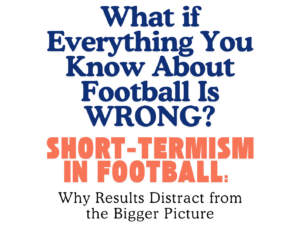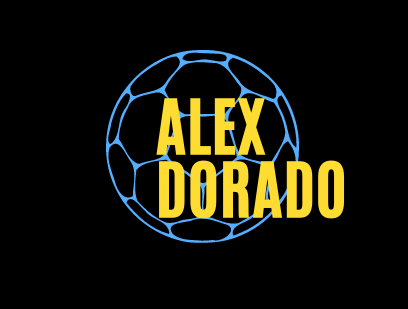
Result-Driven Thinking: When Football Judges the Scoreline, Not the Process
A week ago, I read an article in Sport about the match between FC Barcelona and Atlético de Madrid at the Metropolitano. What surprised me wasn’t the headline—“Flick’s Unexpected Chess Move”—but rather what was inside the article.
It was a piece admiring the tactical moves and adjustments made by the German coach that supposedly led to the win.
But—would the same have been said if the result had been a loss?
Would we be admiring and discussing the tactical changes he attempted? Or would we be criticizing them as mistakes?
A few years ago, Marcelo Bielsa said that a coach is judged based on results, regardless of what they actually do. That kind of short-term result-driven mindset leads many projects to drift without direction for long periods, always chasing a positive result instead of allowing the learning and time needed for a new coach to truly make an impact.
But Bielsa went further. He said this obsession with results becomes so extreme that a coach is judged both negatively and positively for the exact same decision. A decision that—even if it’s well-argued and thought through—will be judged only by the final score.
That’s what’s happening here too.
Do you think the headline would’ve been the same if the result had gone the other way, and Atlético had scored after Flick’s changes?
We would’ve seen something like: “Flick’s Mistakes” or “Poor Decisions from Flick.”
And the article would’ve focused on how the coach made his team more defensive, giving Atlético the chance to equalize…
There would’ve been no mention of why he made the changes. Everything would’ve been viewed through a negative lens.
But this isn’t a one-off case.
Just a few weeks ago, Ancelotti was criticized for starting Tchouaméni. Poor results fueled the judgment.
Weeks later, the same lineup decision was praised—because the results had changed.
Result-driven thinking is dangerous in a sport that requires daily development and a long-term vision. If we can’t look beyond the scoreboard, we risk the future of the team and the club.
And I’m not just talking about negative results.
We also need to analyze what happens when the results are positive but there’s no process behind them to improve the team day to day.
As CEOs, sporting directors, coaches… we must be critical of the process, regardless of the results.
Nothing should cloud what happens daily.
Our focus has to be on a long-term goal, and the decisions we make on the way there must not be changed by short-term outcomes.
There are two quotes that capture this perfectly:
“There is no bad wind if you know where you’re headed,” and
“No wind is favorable to those who don’t know their course.”
The first was told to me by my teacher Iziar when my time at Real Madrid ended. The second is from Seneca.
No negative result should force us to abandon our goals or our direction.
In Flick’s case, those changes were a deliberate decision—planned and analyzed for a purpose that probably went beyond the result.
Digging deeper into that choice, maybe it was about giving two potentially decisive players a starring role in an important match, so they’d be ready when title-defining games arrive later in the season.
And yes, it could’ve gone wrong. But as long as we know where we want to go—and stay true to our course—any wind can be favorable.
⚽ Want more insights like this?
📲 Follow us on Instagram @alexdoradoteam for coaching reflections, tactical breakdowns, and real football conversations.
📚 Explore more articles and train with purpose—not just for results.
